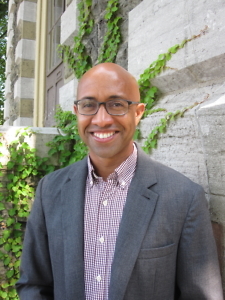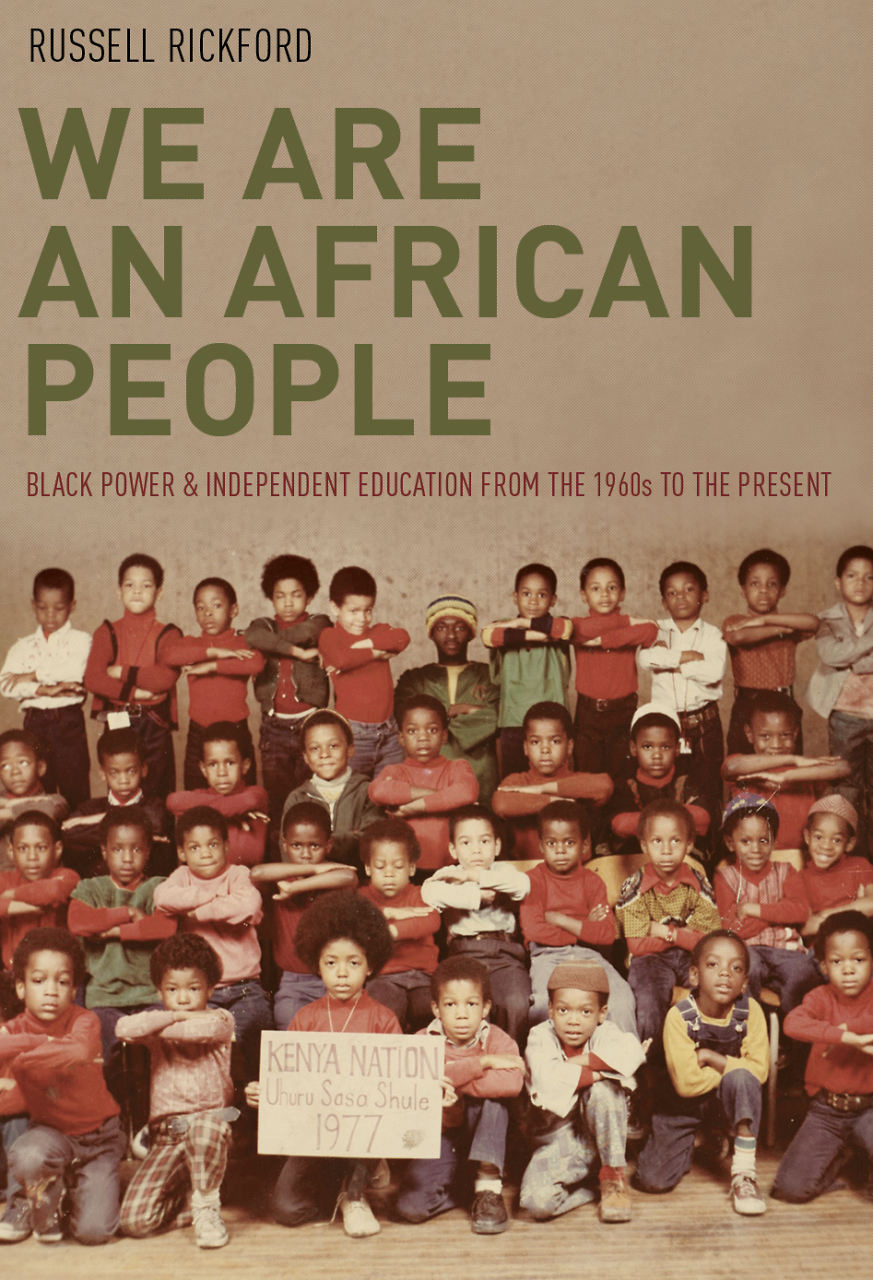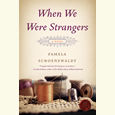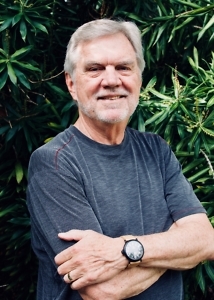Patron Saint of Last Chances
Priest, activist, and author Becca Stevens talks with Chapter 16
Since 1991, Becca Stevens has been an Episcopal priest. Since 1995, she has been the chaplain of St. Augustine’s Episcopal chapel at Vanderbilt University. And since 1997, she has been the patron saint of last chances for the women who walk Dickerson Road at night: Stevens is the founder, spiritual guide, and chief advocate for Magdalene, a residential recovery program for prostitutes, and for Thistle Farms, a cottage industry founded in 2001 to provide work for women in the Magdalene community.
Stevens’s social-justice efforts reach far beyond Nashville: she has helped to replicate the Magdalene formula in cities throughout the South, launch a business for women in Rwanda, found a school in Equador, and establish a nursing program for an AIDS hospice in Botswana. Meanwhile, back at home, Magdalene and Thistle Farms just keep growing. The Magdalene program now includes five residential houses, and Thistle Farms—where Magdalene women make by hand a variety of natural bath and body products—recently moved into a large new building and was featured last month in the PBS program, Religion & Ethics Newsweekly.
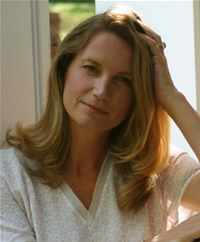 Amid all this outreach, and in the throes of raising a young family—she is married to hit songwriter Marcus Hummon; they have three children—Stevens has also made time to write eight books. She answered questions from Chapter 16 in advance of the Nashville launch for The Path of Peace, The Path of Justice, and The Path of Love, her newest books.
Amid all this outreach, and in the throes of raising a young family—she is married to hit songwriter Marcus Hummon; they have three children—Stevens has also made time to write eight books. She answered questions from Chapter 16 in advance of the Nashville launch for The Path of Peace, The Path of Justice, and The Path of Love, her newest books.
Chapter 16: Your life’s work is comprised of many roles: priest, author, founder of Magdalene. Which do you consider to be your primary vocation?
Stevens: My primary vocation is to stay open to the needs of people I come in contact with—as a priest, mom, and thistle farmer. I love all the ways that this vocation unfolds on a daily basis. One of my favorite ways that all my roles interplay right now is in the making of healing oils for Thistle Farms. It combines all the best parts of priesthood, the desire in motherhood to nurture, and the joy of creating.
Chapter 16: You became an author for the first time long after you first recognized your other vocations.
Stevens: I love writing. It is a gift to get ideas out of my head that seem to swim around and around. I am grateful that I have gotten the chance to write and that the writing helps create new paths where Thistle Farms and I get to make new friends.
Chapter 16: Why is community-building so central to your work in the parish and at Magdalene?
Stevens: Community allows people to move into places and spaces that they cannot imagine on their own. I could never have imagined the community of Magdalene the way it looks now. I brought my small and foggy vision, and something bigger and more beautiful was created. A communal vision is powerful. As we move into community, we are changed, and we carry that change with us into the places and to the people we meet along the way. That is why love is such a powerful force for social change. It grows exponentially as it moves through the world.
Chapter 16: Your work as a writer blends the genre of religious devotional and memoir. Some reviewers have called you a “poet.” How do you classify your work? Who are your literary forebears?
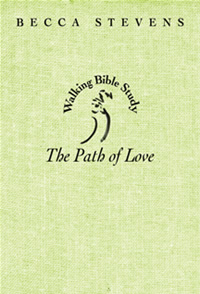 Stevens: I am not sure about this. I hope that sometimes my work feels poetic; that would be nice. I write the way I preach, and I preach through story-telling. My writing describes a lot of the experiences I have gone through and the people I have met, and I don’t know another way to tell the story of how grace has been sufficient. I don’t know another way to share the truths about the women on the streets that I have met. I don’t know another way to explain how love moves in and out of our days.
Stevens: I am not sure about this. I hope that sometimes my work feels poetic; that would be nice. I write the way I preach, and I preach through story-telling. My writing describes a lot of the experiences I have gone through and the people I have met, and I don’t know another way to tell the story of how grace has been sufficient. I don’t know another way to share the truths about the women on the streets that I have met. I don’t know another way to explain how love moves in and out of our days.
Chapter 16: Who are your own spiritual influences?
Stevens: My mom; my husband; the women I have served over the last fifteen years in Magdalene; Howard Thurman; Dorothy Day; Levi, Cany, and Moses Hummon.
Chapter 16: In your new series, The Path of Peace, The Path of Justice, and The Path of Love, you invent a new format called a “walking Bible study.” You propose the books to be read not while sitting alone but by walking, often with others. What gave you the idea of reading on the go?
Stevens: It struck me that much of the imagery in the Bible is about nature. The prophets were inspired by their surroundings and what they saw in nature. Then the image of folks sitting inside in a circle doing a Bible study came to my mind. I kept thinking about how much more we would get out of a passage—like Isaiah’s where he imagines the trees clapping their hands—if we were walking under a big canopy of trees. I led a Bible study for almost a year outdoors, and it was a great experience. People in the group talked freely outside, silence felt really comfortable, and people would describe something they saw on the walk as an inspired thought about a passage. I wanted to write this series so that other groups could have that experience. I love walking, and it has become foundational in my life of prayer and study.
Becca Stevens will discuss The Path of Peace on September 21 at 7 p.m. at Davis-Kidd Booksellers in Nashville.
